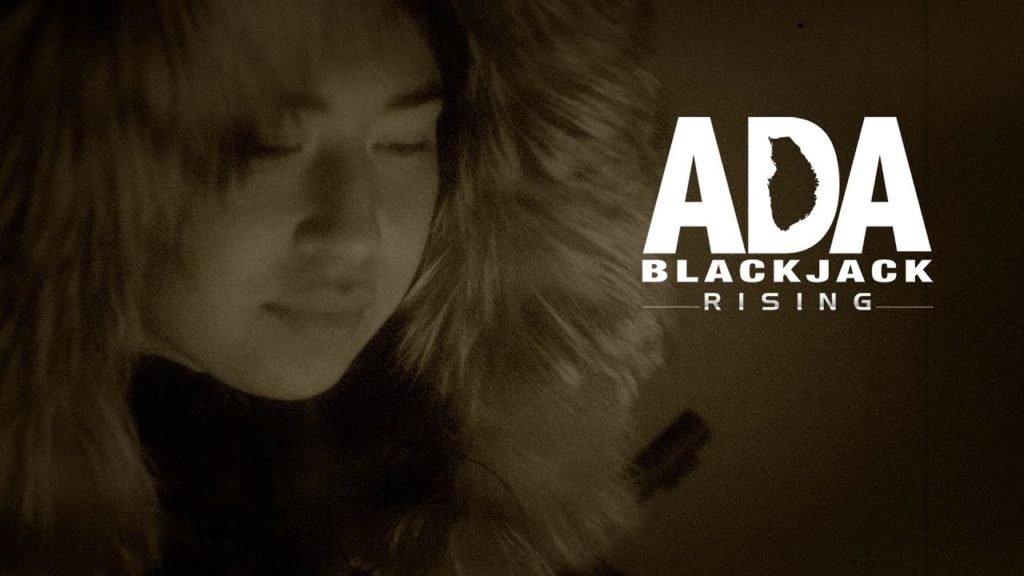Mother Tongue Film Festival Review: Ada Blackjack Rising

Image Courtesy of Youtube.com
By Caroline Morris
During a pandemic, it can be easy to feel like the world is as big as a bedroom. Luckily, the Mother Tongue Film Festival only takes a click to transport you to another world.
“The Smithsonian’s Mother Tongue Film Festival celebrates cultural and linguistic diversity by showcasing films and filmmakers from around the world, highlighting the crucial role languages play in our daily lives,” the website reads.
This showcase has been running annually since 2016, always kicking off its screenings on February 21, International Mother Language Day.
This year, the festival is being run entirely online and is free to all viewers. There are to be monthly online screenings, with new films being released for a number of weeks at a time from February through May of 2021.
The festival offers a wide range of content, from feature films to short films, animated to documentary, fiction to fact. The films also tell stories from all over the world, including Brazil, Mexico, Bolivia, Italy, Taiwan, and even Alaska, found right here in the United States.
One of Mother Tongue’s shortest pieces now available for viewing is entitled Ada Blackjack Rising, and despite its run-time being only about six minutes, it packs a punch.
Ada Blackjack Rising, an experimental dramatic short directed by Brice Habeger, brings together the current inhabitants of Northern Alaska with a legendary woman from the same land.
The film opens on a ramshackle house raised on stilts in northern Alaska, set in the present day. The only sound is that of a dog barking.
The canine fades out as the narrator starts speaking, and explains how she first heard the story of Ada Blackjack as a high school sophomore, almost the exact age of Ada when she got married to a dog musher.
The camera follows the narrator through her room as she tells the story of Ada’s abandonment and suffering, panning over sketches of animal life, maps, and photographs of Ada.
The narrator leaves her house, packed and with her camera, prepared to take her own journey as she tells of Ada’s expedition to the land north of the Arctic Circle, Wrangel Island, in 1923.
The film transitions from English to Iñupiaq, the language of the Iñupiat tribe indigenous to northwestern Alaska, and the harrowing details of Ada’s survival are revealed. She left on the journey with five men, and was the only survivor, having to survive two years on her own in the wilderness before rescue came.
Accompanying the entrancing story is beautiful cinematography. The female narrator is followed on her own journey out onto the icy plains, and the images captured are stunning. The camera spends a moment on animal skulls buried in snow only to shift to a breathtaking vista, showing both the danger and beauty of such a landscape.
The stylistic choices also work hand in hand with the narration, the two portraying the parallelism between this modern woman exploring her ancestral lands and the legendary Ada Blackjack. The film switches between color, sepia, and black and white shots, playing visually with the concept of time. Wide shots also have a powerful effect on the audience, as they watch from afar as this woman trudges alone along the blinding white tundra, as Ada must-have.
The short film crescendos intertwined with the narrator’s reflection on Ada’s story and the implied truth that her legend remains both important and inspirational.
“The time had changed her, but ancestral knowledge prepared her for the impossible, love for her family gave her warmth, and her resilience as an Indigenous woman carried her home,” the narrator proclaimed.
Ada Blackjack Rising is a beautiful short film. It brings together the stories of Iñupiaq women in Alaska despite the century between them. The use of both the English and Iñupiaq languages is powerful and unfamiliar to a non-Indigenous ear, yet proves to be an incredibly informative experience. The short pulls the audience into the world of both Ada and this unnamed narrator, a world most never get to see.
Watch this short film and as many other pieces from the Mother Tongue Film Festival as possible. Let them teach you, move you, change you. This film says it best:
“Remember her name: Ada. Ada Blackjack. She lives.”
The Mother Tongue Film Festival can be accessed here.





